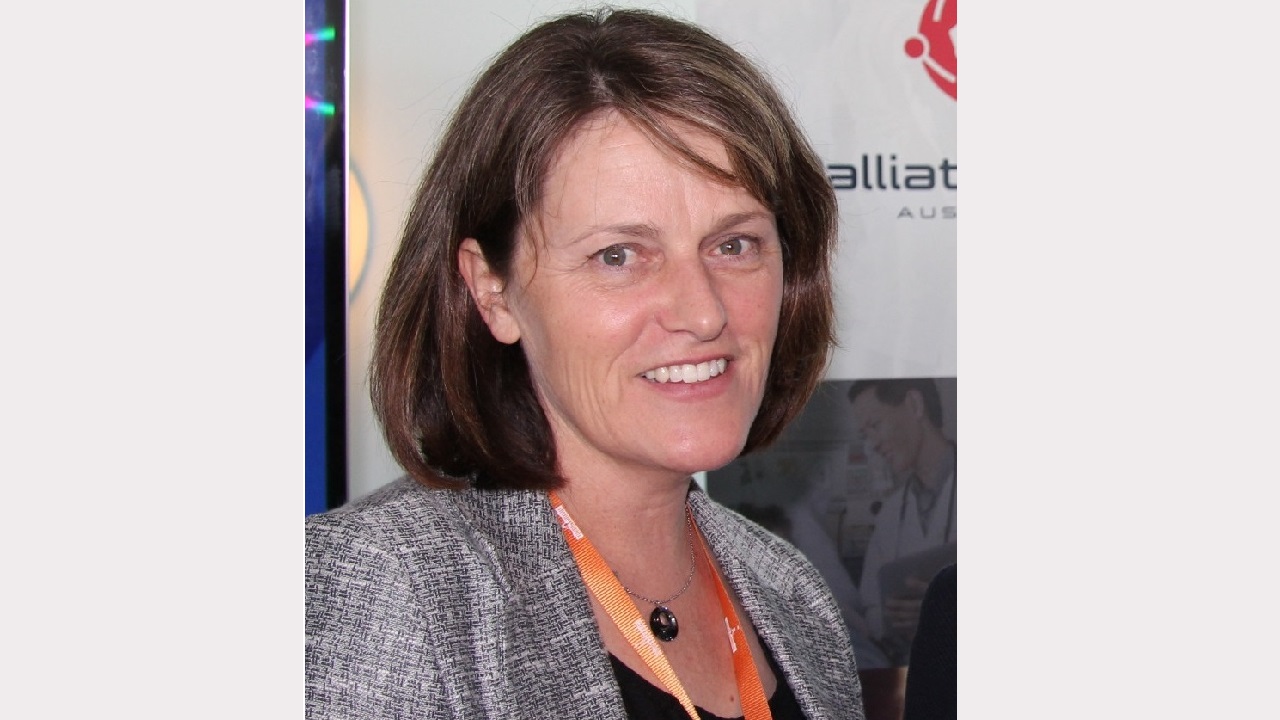Break the taboo and start talking about death, dying and bereavement
Break the taboo and start talking about death, dying and bereavement
by Heather Wiseman
Friday, September 04, 2015
People working in the palliative care sector have been challenged to go out to their communities and talk about death, dying and bereavement in order to break down barriers to palliative care.
Palliative Care Australia CEO Liz Callaghan issued the challenge today at the closing ceremony of Australia’s largest palliative care conference in Melbourne, saying that dying in Australia was made more difficult by families and loved ones avoiding discussions about end of life wishes.
“In the sector we know families struggle to talk about death and dying, how they want to be remembered and how they want to leave this world. We know that the health system, with its focus on interventions and saving lives, can work against a peaceful death.”
She said Palliative Care Australia, and people working across the sector had a responsibility to change that.
“You can talk about death, dying and bereavement. You do know how to raise the issues of end of life care, how to discuss choosing or turning down medical interventions, how to speak to someone about putting an advance care plan in place. We need your skill set. We need you to start those conversations in schools, in community centres, at death cafes.
“We need to make talking about dying easier for Australians – so then people aren’t marginalised, so people working in the field have a broader network of people to talk to and the Government is prepared to enter into conversations with us.”
She challenged participants attending the biennial conference to pull together to make palliative care fit for the future.
“My challenge to you all, for the next two years until we meet again as a sector, is to go out into your communities. Talk to people of all ages and stages about death, dying and bereavement and do your part in breaking down the barriers for palliative care.”
